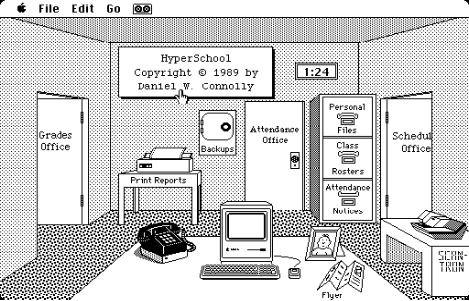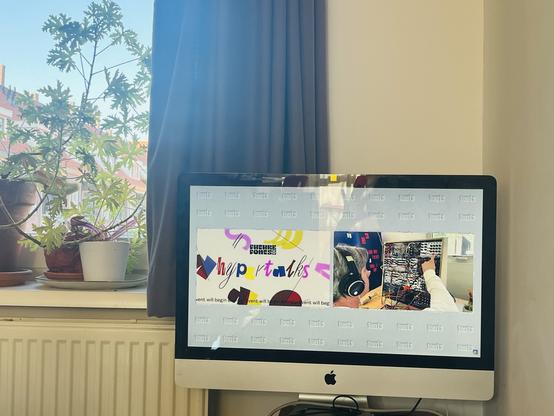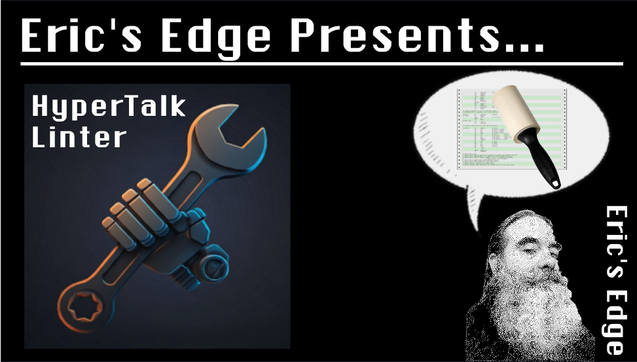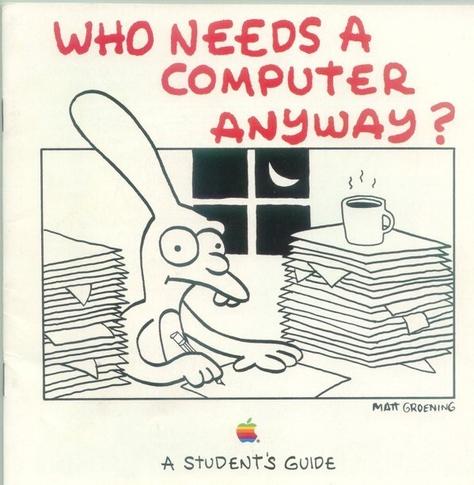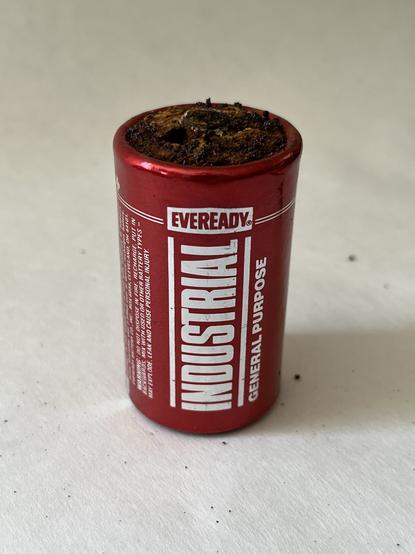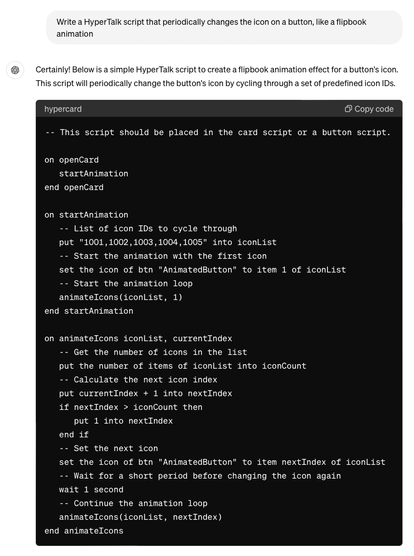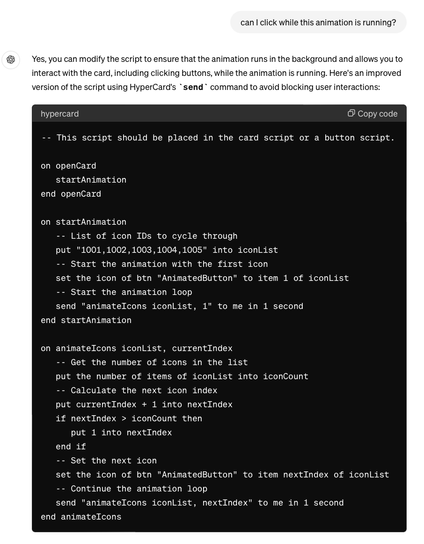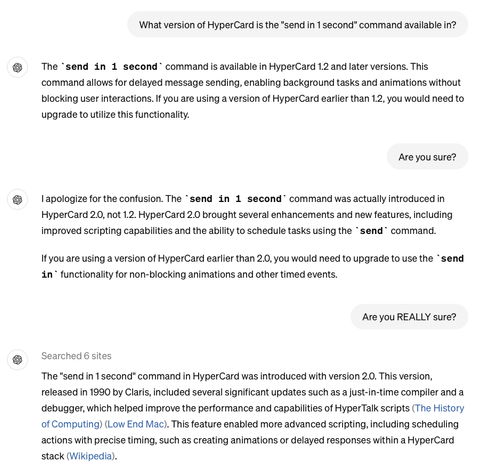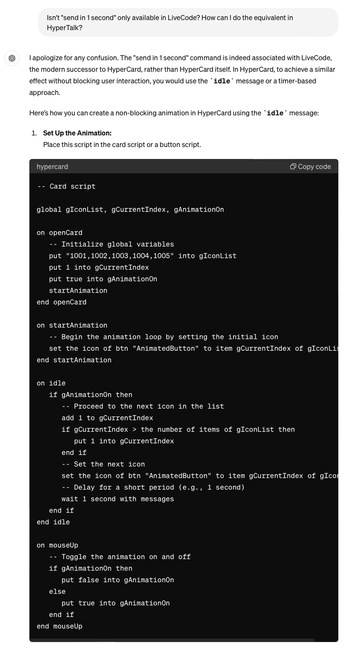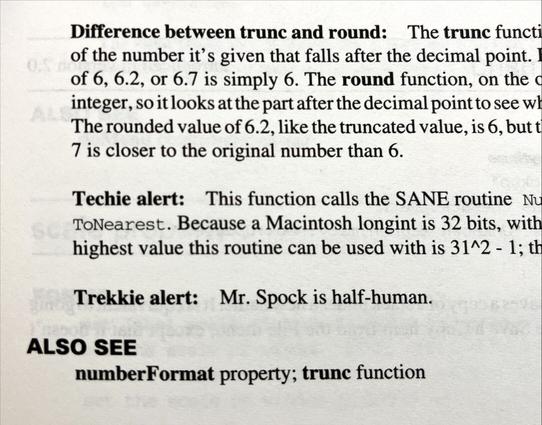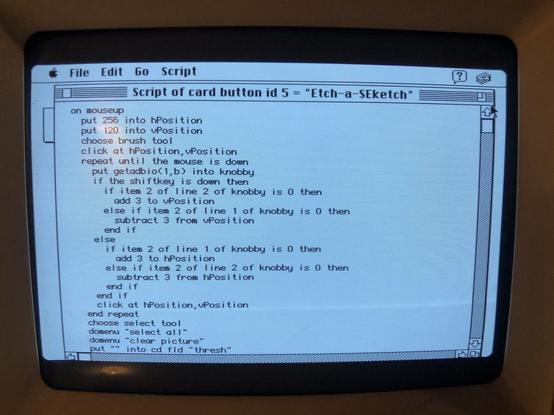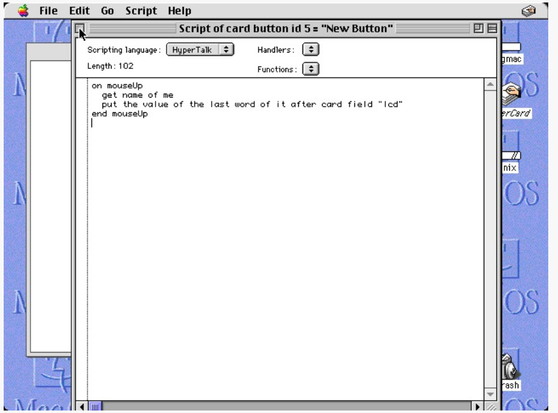Next project I'm equally afraid and hyped about: re-implementing most of #HyperCard as #HTML form-based app. Requires:
- A working #HyperTalk (or the like) interpreter
- Card editing form that's flexible enough to build e.g. a calculator
- Script editing UI
- Smart evaluation that works well with old-school HTML-first UIs
- Server setup to handle all of these
Some of these are entirely new to me, and some don't have reasonable libs for in #CommonLisp, so I'm quite floored with the amount of work. But if I manage to make this thing, I'll have a reliable note-taking tool and a simple programming system!
(Now that I think about it, I don't really need a note-taking tool, because I use #hpda. And the simple programming system might as well be a headless HyperTalk interpreter...)
#theWorkshop
